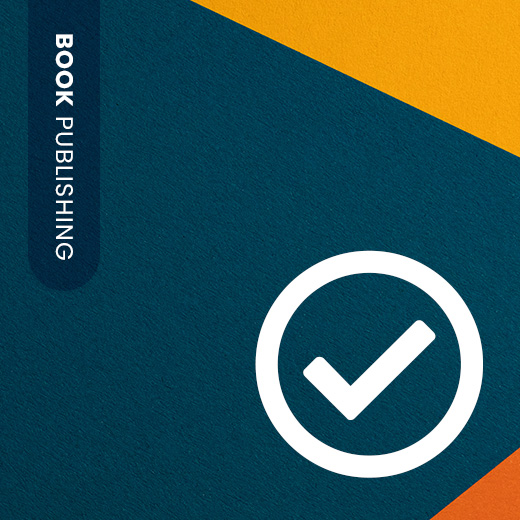Home » Book Publishing » Why Bookstores Like Returnable Books
Why Bookstores Like Returnable Books
Getting your book into bookstores is a big deal for many authors, as well as a huge visibility and sales boost. One of the key things that can increase your chances of getting your book on bookstore shelves is if it’s returnable. A returnable book means the bookstore can return unsold copies for a refund, so they don’t risk stocking a book that won’t sell. For example, suppose a bookstore is considering a debut author’s book with no sales history. In that case, the ability to return unsold copies can be the difference between them taking a chance or not.
Will Bookstores Buy Non-Returnable Books?
Most physical bookstores, including big chains like Barnes & Noble, Books-A-Million, Walmart, and even independent stores, won’t carry books that aren’t returnable. While making your book returnable doesn’t guarantee placement, it makes your book way more attractive to booksellers.
How the Returnable Book Process Works
Traditional Publishing:
Most traditional publishers offer a book return program as part of their distribution process, so the books they publish are returnable.
Self-Publishing Services:
If you’re self-published, many self-publishing services offer return programs for an extra fee. Services like IngramSpark and AuthorHouse, iUniverse, Xlibris, Archway, Westbow Press and Balboa Press, for example, allow authors to choose from multiple return options when setting up their book. By opting into one of these programs, your book will be designated “returnable” by major retailers and wholesalers.
Making Your Self-Published Book Returnable
Many self-published authors use print-on-demand (POD) services to print and distribute their books where physical copies are printed only when ordered. Fortunately most POD services offer a returnable option, but it usually costs extra. For example IngramSpark as well as imprints such as AuthorHouse, iUniverse, Xlibris, Archway, WestBow Press and Balboa Press offer different return options that allows your book to be marked as returnable by bookstores and distributors.
What Happens to Returned Books?
Books can be returned to you or destroyed, depending on the return option you choose.
Returnable with Delivery:
In traditional publishing returned books are sent back to the publisher or their distributor and they handle the return fees. These books can be resold if they’re not damaged. For independently published authors returned books will be sent to the address you have on file and you’ll be responsible for any shipping and handling costs.
If the returned books are in good condition, you have several options: resell them, donate them to schools or libraries, give them away at author events, or gift them to readers. Don’t be discouraged if they didn’t sell the first time – you can still find ways to get them into the hands of new readers.
Returnable with Destruction:
Many self-publishing companies have agreements with distribution partners to recycle or destroy unsold books. Authors usually pay a flat yearly fee for this service, which covers all returned books. If you’re self-publishing, be sure to review the return policies of your platform so you know what fees or obligations you may have.
What If My Publisher Doesn’t Offer a Returns Program?
If your publishing route doesn’t have a returns option, you might want to consider consignment as an alternative. Consignment is a low-risk way to get your book in front of readers. With consignment, a store will display your book and only pay you after a copy is sold.
This works well with smaller local shops and not just bookstores. Consider approaching coffee shops, gift shops or any business that aligns with the theme of your book. For example if you’ve written a book about coffee culture, local cafes may be open to displaying it.
If you go the consignment route with a bookstore, they may already have a standard agreement in place. But if you need to create your own terms with a business, the general rule is to give the retailer 40% of each sale, and you get 60%. Make sure to have a written agreement to keep everything clear and organized.
Conclusion
If you get returned books, it’s an opportunity to re-evaluate your marketing plan. Consider increasing your social media presence or revisiting your promotional strategy to get the word out about your book. Even without a returns option, there are still ways to get your book into bookstores and other retail spaces. Be proactive and creative with your marketing and distribution, and you’ll find a way.

Don't let your manuscript sit idle
start your publishing journey now!
Get matched with a self-publishing company specifically chosen for you and the book you are publishing.
Don’t let your manuscript sit idle – start your publishing journey now!




